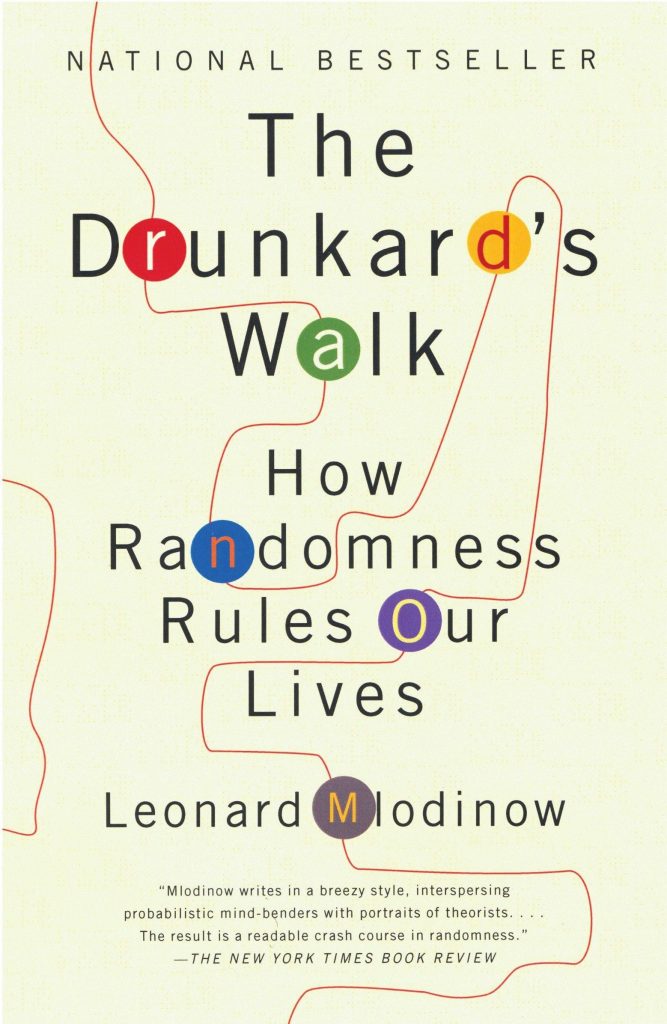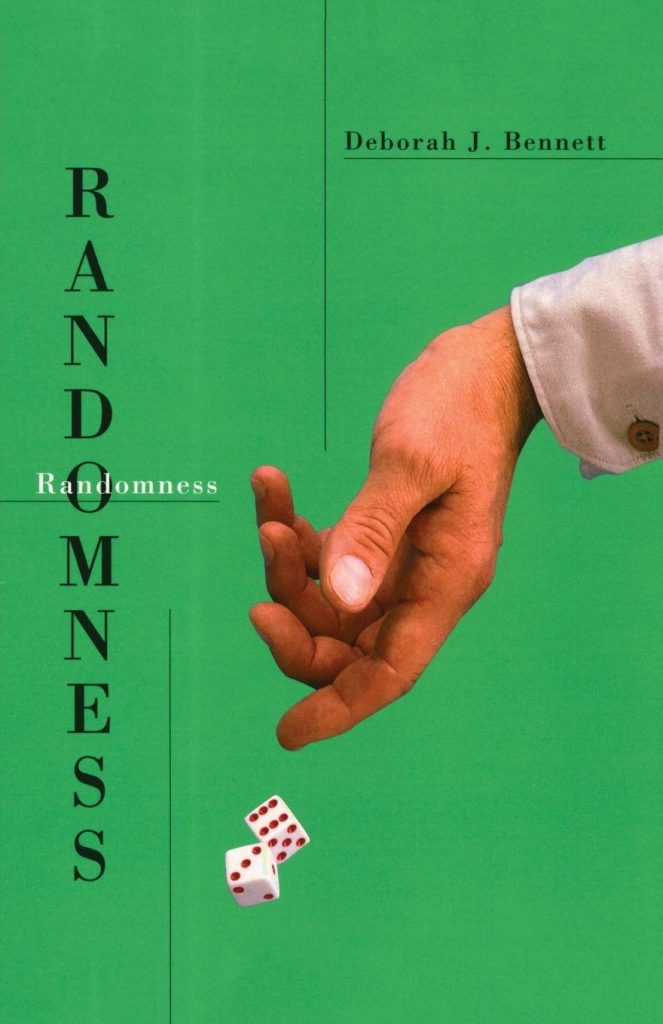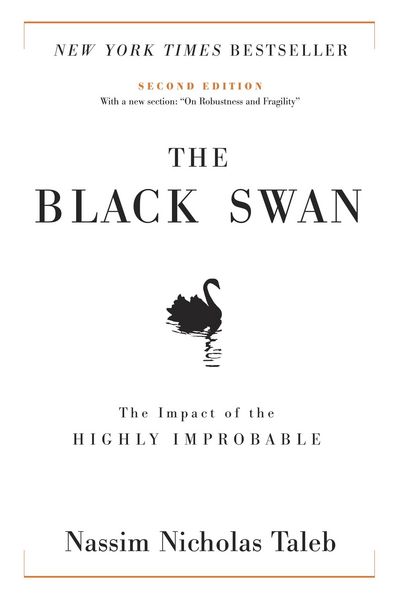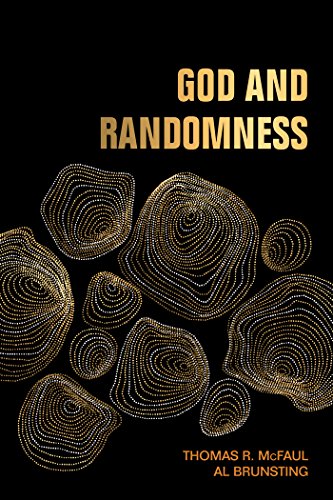I am fascinated by the ways in which randomness shapes our world and our understanding of it. From science and mathematics to philosophy and spirituality, the concept of randomness has a wide range of applications and implications. These books explore different aspects of randomness, such as its role in science, mathematics, and everyday life, and how it can be studied and understood.
Are you curious about the role of randomness in shaping our world but feel that technical books on the subject may be too complex for you? Don’t worry, you’re not alone. I’ve compiled a list of non-technical books that explore the concept of randomness and its impact on our lives. These books are written in a way that is accessible to general readers and provide a wide range of perspectives and insights on the subject. From understanding how randomness shapes our daily lives to exploring the philosophical and spiritual aspects of randomness, these books will help you gain a deeper understanding of the world around you.

An exploration of the role of randomness in shaping our daily lives and decision-making processes. It uses real-world examples and scientific concepts to demonstrate how randomness influences everything from the stock market to the criminal justice system.

by Deborah J. Bennett
A comprehensive overview of the concept of randomness and its applications in science, mathematics, and everyday life. It covers the history of the study of randomness, key concepts and theories, and practical applications in fields such as statistics, cryptography, and computer science.

An exploration of the impact of rare and unpredictable events, known as “black swans,” on human affairs. Nassim argues that our understanding of the world is limited by our tendency to focus on the predictable, while ignoring the potential impact of rare and unpredictable events.

by James Gleick
This is an introduction to the field of chaos theory and its applications in a variety of scientific and mathematical disciplines. The book covers key concepts such as fractals, the butterfly effect, and the mathematics of chaos, and explores the implications of chaos theory for fields such as physics, biology, and economics.
Disclaimer: this post may contain affiliate links. If you make a purchase through one of these links, I may earn a commission at no extra cost to you. I appreciate your support.

